The Ultimate Guide to the Home Gardening Benefits 2025
Gardening at home is more than just a hobby—it’s an easy way to improve both your health and well-being. Studies from 2025 show that 87% of people who garden report lower stress levels, and 60% feel happier. Whether you have a big garden or only a small apartment, the benefits of gardening can transform your space into a healthier and more enjoyable place.
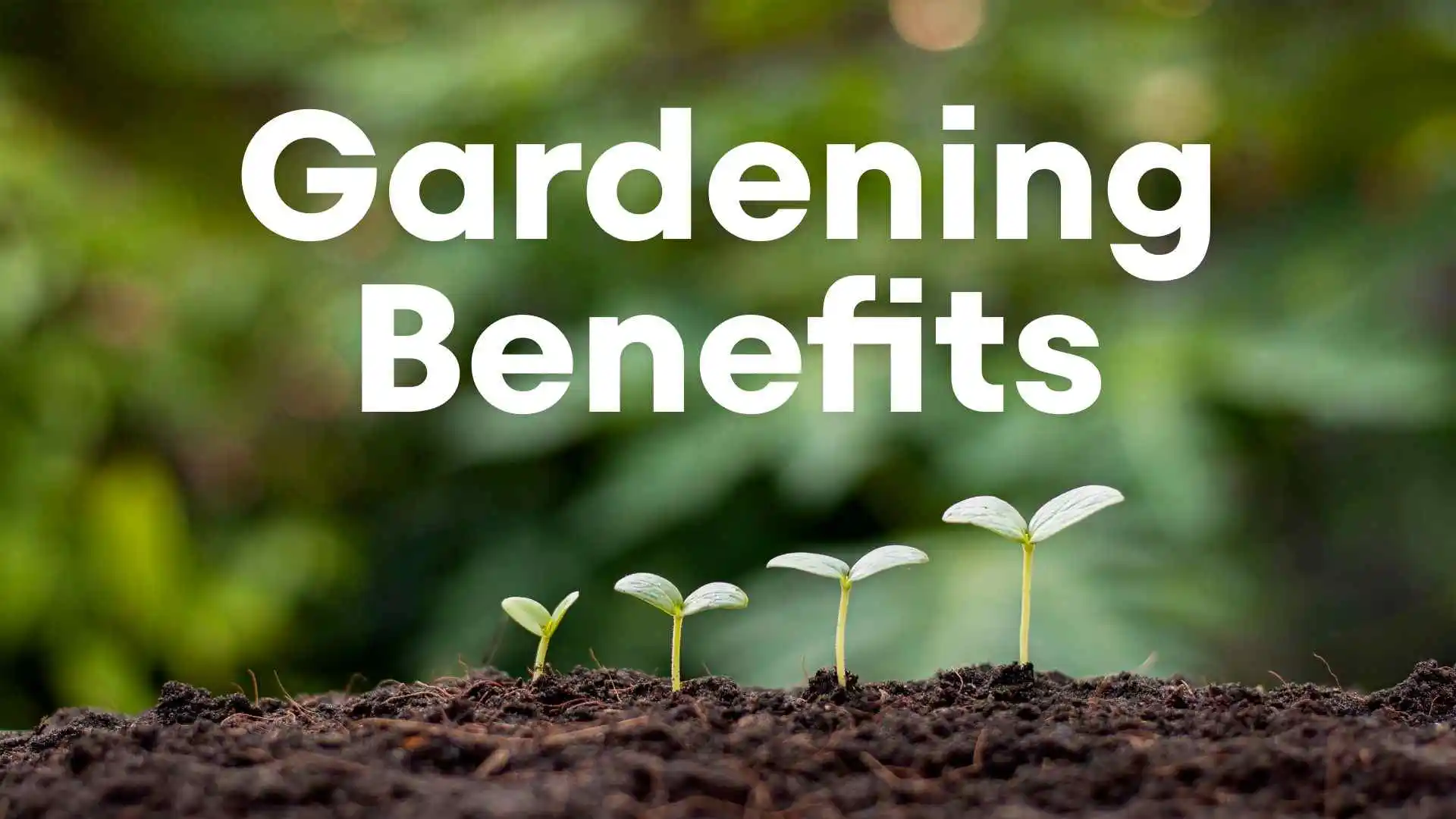
Getting started with gardening is simple. You don’t need a lot of space or experience to begin. Start with small steps, like growing herbs on a windowsill or setting up a raised bed for vegetables. The benefits of gardening are long-lasting, from enjoying fresh produce to reducing your carbon footprint and supporting biodiversity.
If you’re interested in learning about common issues in home gardening, please visit Home Gardening Issues.
Why Gardening at Home is Good for You
Gardening at home is a simple and rewarding way to enhance your well-being. It helps you stay active, boosts your mood, and even reduces stress levels, providing many home gardening benefits for both your body and mind.
In addition to physical and emotional health, the home gardening benefits extend to a better quality of life and increased happiness. Gardening can be a fun and therapeutic activity that anyone can enjoy.
The Proven Health Benefits of Gardening
Gardening is an effective way to improve mental health. Being around nature reduces stress, anxiety, and depression, leading to better emotional well-being. Spending time with plants can help uplift your mood and create a calming environment.
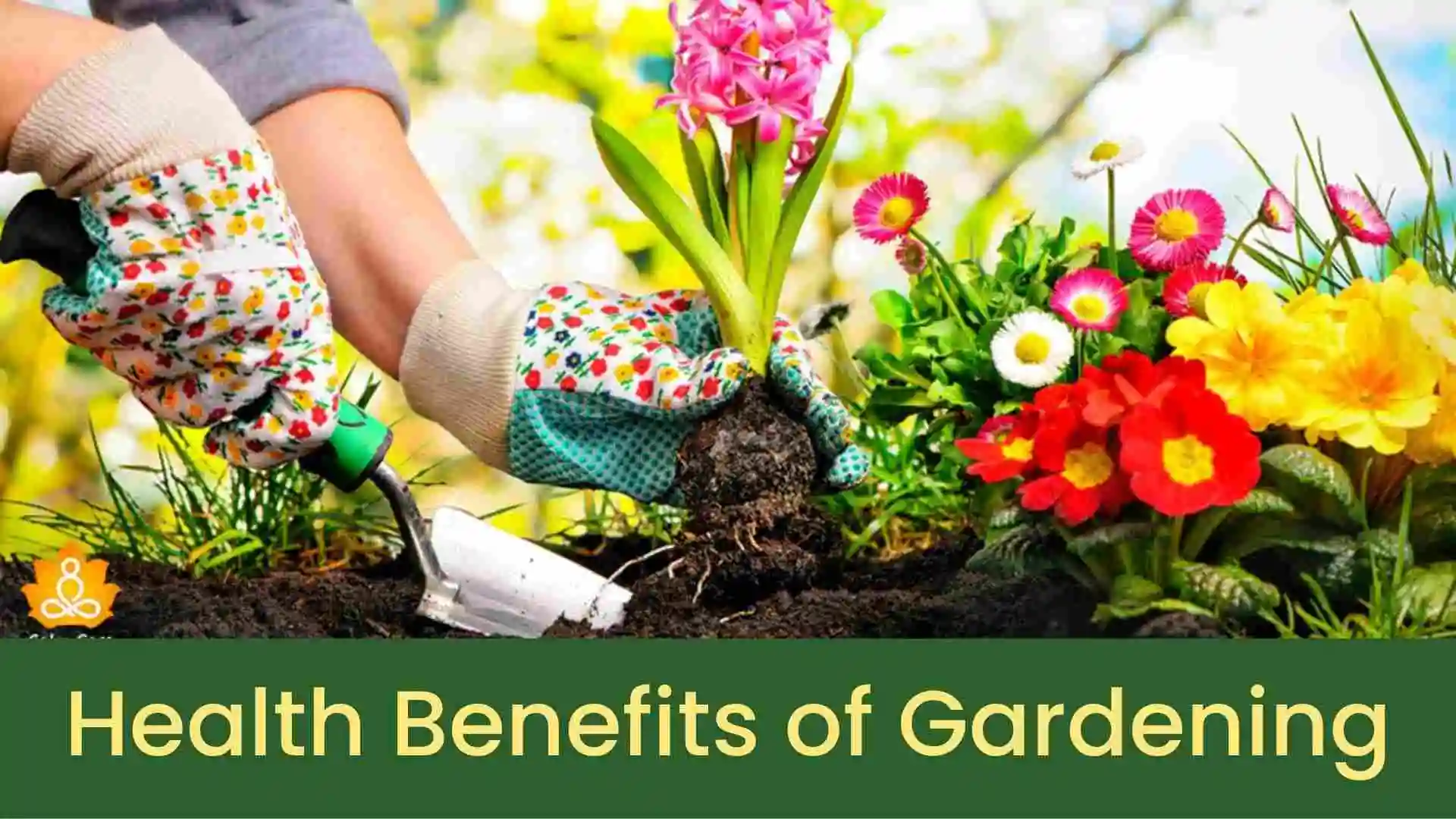
Gardening also improves physical health. It’s a form of exercise that strengthens muscles, boosts flexibility, and supports heart health.
| Health Benefit | Impact |
|---|---|
| Mental Health | Reduces stress and anxiety |
| Physical Fitness | Improves strength and flexibility |
| Vitamin D | Boosted through sunlight exposure |
Environmental and Economic Benefits of Home Gardening
The home gardening benefits are not just for your health but also for the environment. By growing your own food, you reduce the need for transportation, packaging, and large-scale commercial farming, which helps decrease pollution and waste.
How Home Gardening Supports Sustainability
The more you grow your own food, the less you rely on store-bought produce. This reduces transportation and packaging, which in turn helps lower your carbon footprint and makes your lifestyle more sustainable. Home gardening benefits also include supporting cleaner air and healthier soil.
Key Environmental Impacts:
Save Money with Home Gardening – A Financial Perspective
Gardening can save you money. Growing vegetables, herbs, and fruits at home means fewer grocery store trips, especially for organic products. While there is an initial investment in gardening tools and seeds, the savings from reduced grocery bills will quickly make up for it.
The Social and Emotional Benefits of Gardening
Gardening at home brings not only personal rewards but also social and emotional benefits. It creates opportunities to connect with others, either through community gardening or gardening clubs. Sharing gardening experiences helps build relationships.
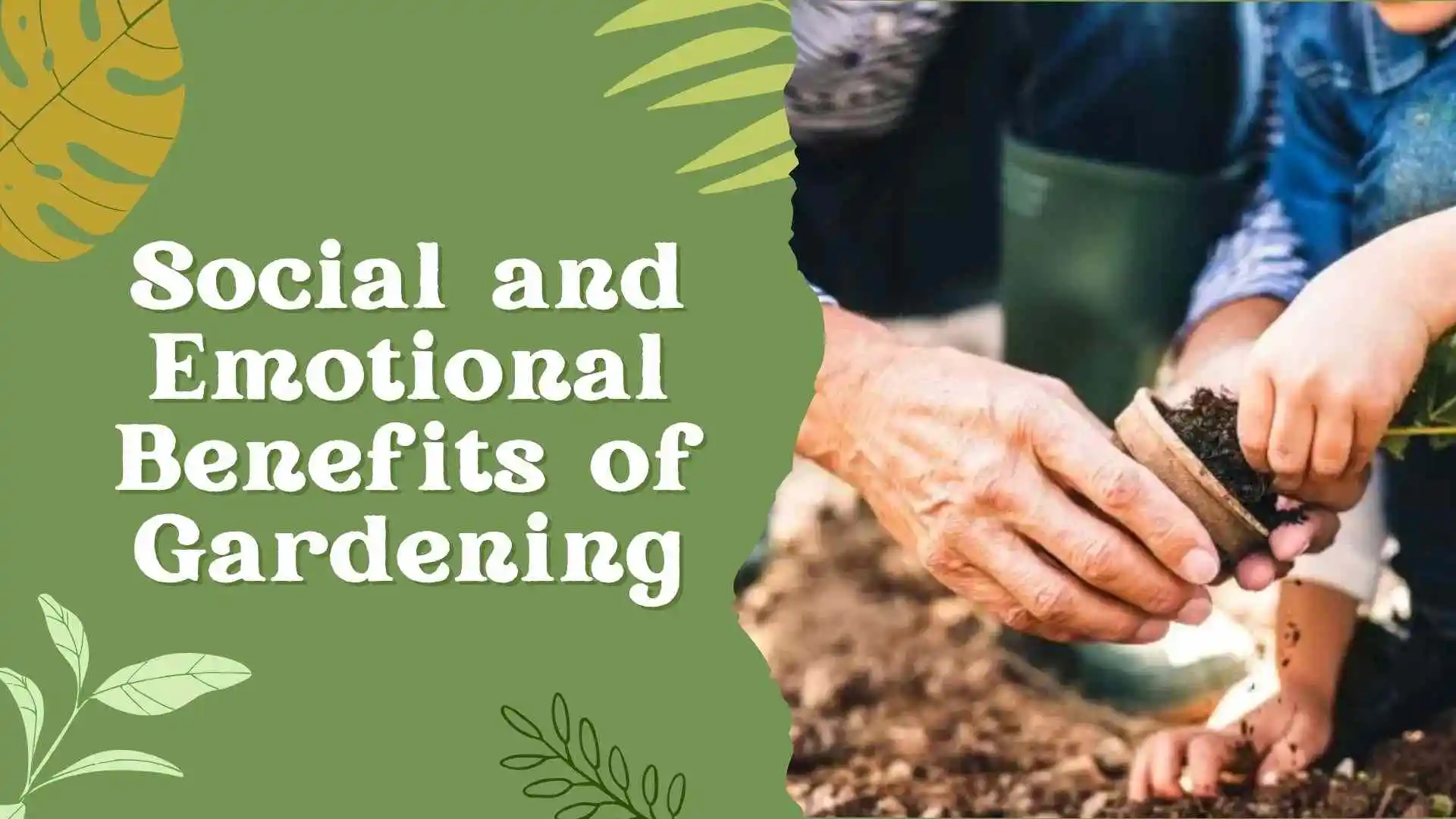
Building Stronger Community Connections Through Gardening
Gardening can be a social activity that connects you with others. Community gardens are places where neighbors collaborate, share knowledge, and exchange tips. They provide an opportunity to make new friends while also contributing to a local green space.
Boost Your Mood and Relieve Stress with Gardening
Gardening is a natural stress reliever. Spending time with plants helps to take your mind off daily concerns and can be therapeutic. Studies have shown that gardening lowers cortisol levels, reducing stress and boosting your mood.
Practical Gardening Tips for Maximizing Benefits
Starting a garden is simple, and with some helpful tips, you can maximize the home gardening benefits. Choose plants that suit your local climate and make time for regular care and maintenance.
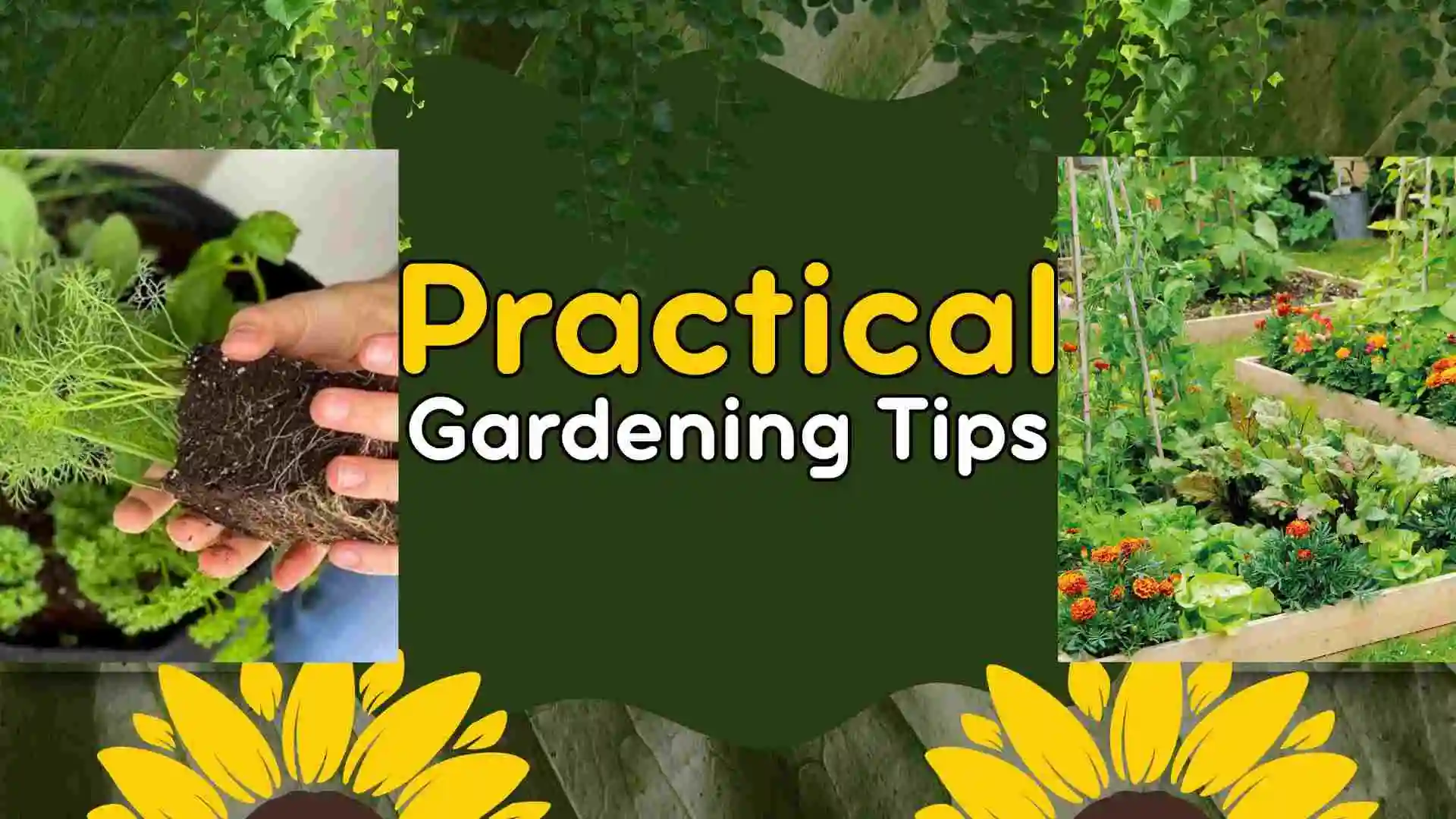
Gardening doesn’t require large spaces. Even small areas like balconies or window sills can host productive gardens. With a little time and planning, you can start your own home garden and enjoy fresh produce.
How to Start Your Own Home Garden in 2025
Begin by selecting plants suited for your area. Research local gardening conditions and choose plants that will thrive in your specific climate. This will ensure that you enjoy the full home gardening benefits.
Incorporate sustainable gardening practices, like using natural fertilizers and composting, to keep your garden healthy and reduce environmental impact.
Gardening for Small Spaces – Tips for Urban Dwellers
Even in small urban spaces, gardening is possible. By using creative solutions like raised beds and container gardening, you can still enjoy fresh herbs, vegetables, and flowers.
Exploring Different Types of Home Gardens
There are several ways to approach home gardening depending on your space, lifestyle, and goals. Whether it’s raised beds, container gardens, or hydroponics, each method has unique benefits.
Raised Bed Gardening – Why It’s Worth the Investment
Raised bed gardening allows for better soil management, making it ideal for plants that require specific conditions. It’s also perfect for small spaces and offers great drainage.
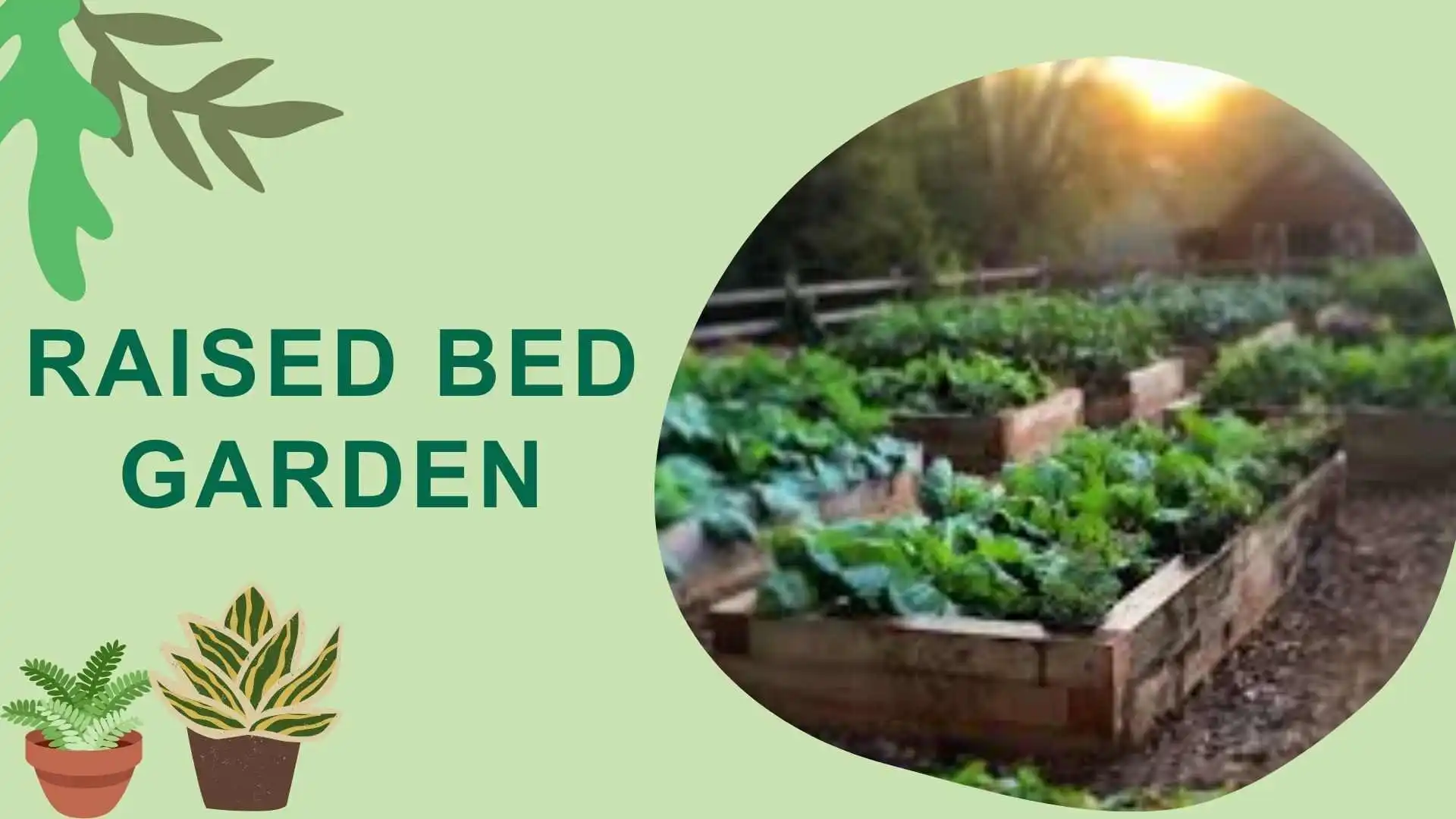
| Feature | Raised Bed Gardening |
|---|---|
| Soil Control | Easier to manage |
| Weed Control | Less maintenance |
| Water Drainage | Excellent drainage |
| Space Efficiency | Great for small areas |
Container Gardening – A Perfect Fit for Urban Homes
Container gardening is perfect for small areas like balconies or window sills. It allows you to grow a wide range of plants without needing much space.
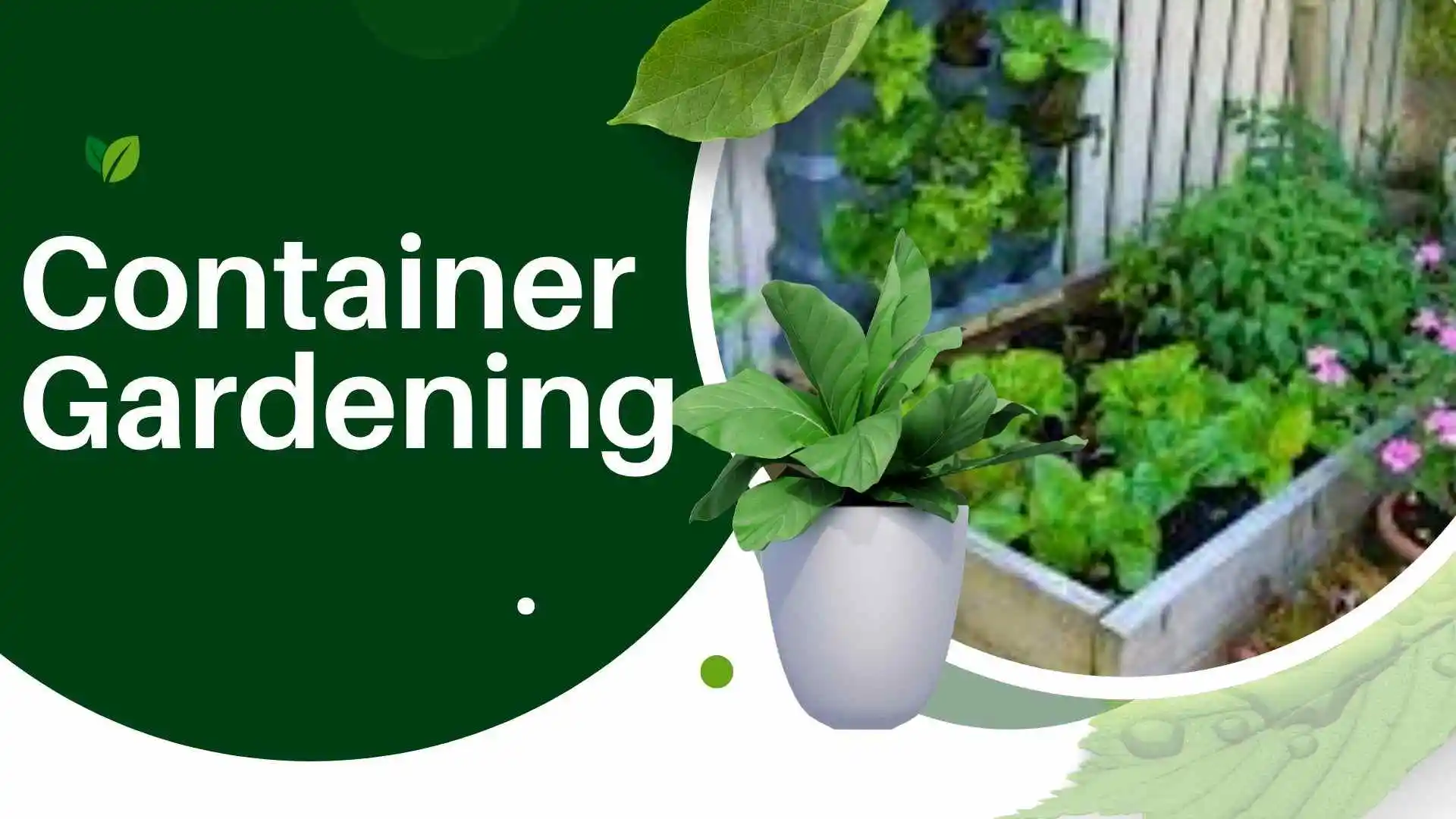
Advanced Gardening Techniques for Enthusiasts
After mastering basic gardening, you can explore advanced methods like hydroponics or organic gardening. These techniques can help you grow plants more efficiently and sustainably.
Hydroponics – Gardening Without Soil
Hydroponics allows you to grow plants without soil, using nutrient-rich water. It’s space-saving and water-efficient, making it ideal for small spaces or indoor gardens.
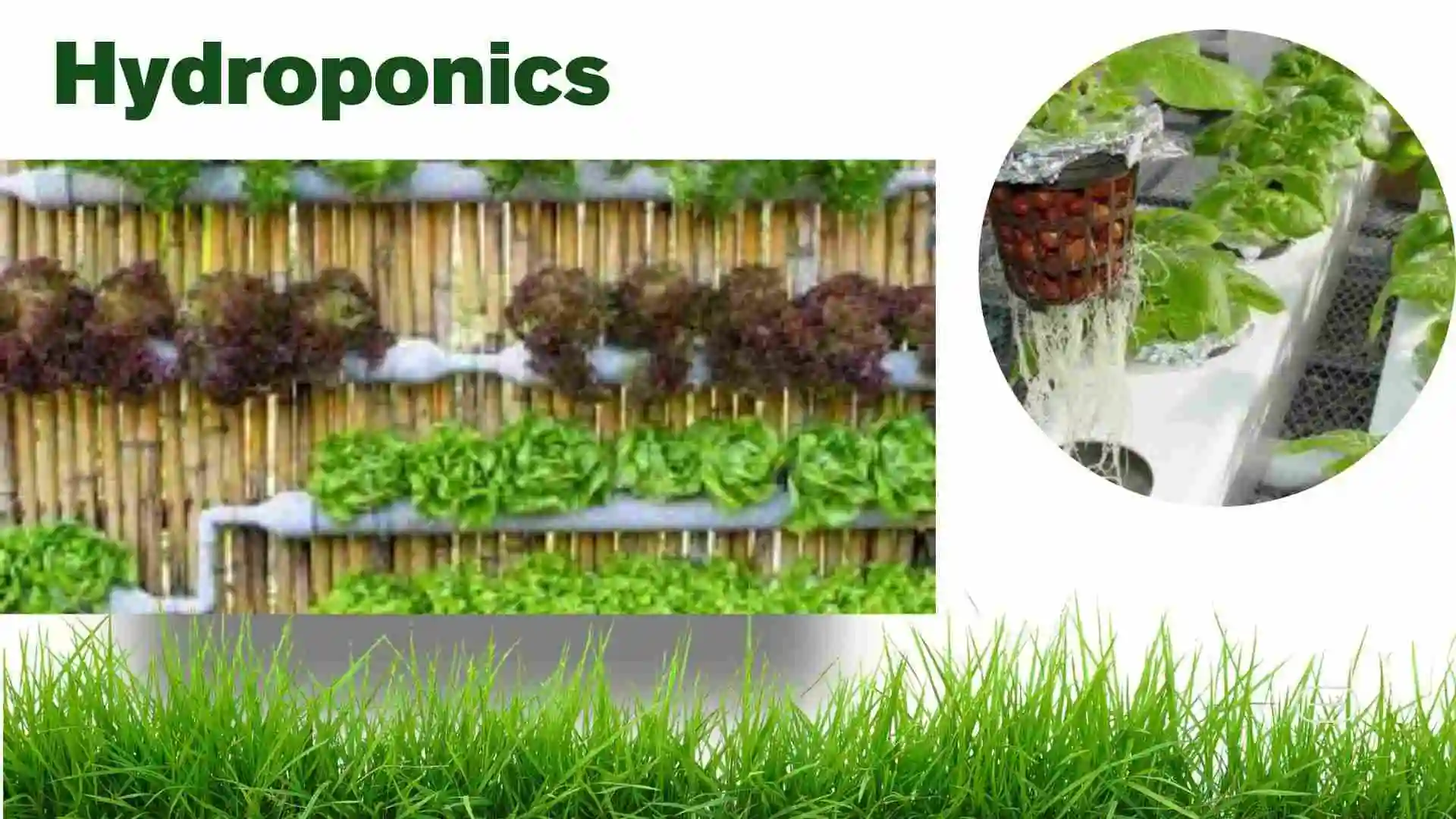
| Aspect | Hydroponics |
|---|---|
| Soil Use | No soil required |
| Water Usage | More efficient, uses less water |
| Space Efficiency | Ideal for small spaces |
| Growth Rate | Faster due to nutrient control |
Organic Gardening – Why It’s the Future of Home Gardening
Organic gardening focuses on natural methods to grow plants, avoiding harmful chemicals. This is healthier for both the environment and your family.
Gardening Myths Busted – What You Should Know
Many myths can discourage people from gardening, such as the belief that it’s too difficult or that you need special skills. The truth is, gardening is easy to learn and enjoy!
Debunking Common Misconceptions About Home Gardening
Gardening is easy to start, and with some research, anyone can successfully grow plants. It’s all about trial and error, learning, and enjoying the process.
Conclusion
Gardening at home is an easy and enjoyable way to improve your health and environment. Whether you have a small apartment or a spacious yard, gardening offers many benefits. It helps reduce stress, promotes physical fitness, and even saves money. Growing your own food gives you a sense of accomplishment and a chance to relax.
By using sustainable practices like raised beds or organic gardening, you can support the environment. Gardening also helps reduce pollution and improves air quality. With a little effort, you can turn any space into a thriving garden. Gardening is simple, fun, and offers lasting rewards for you and the planet.
